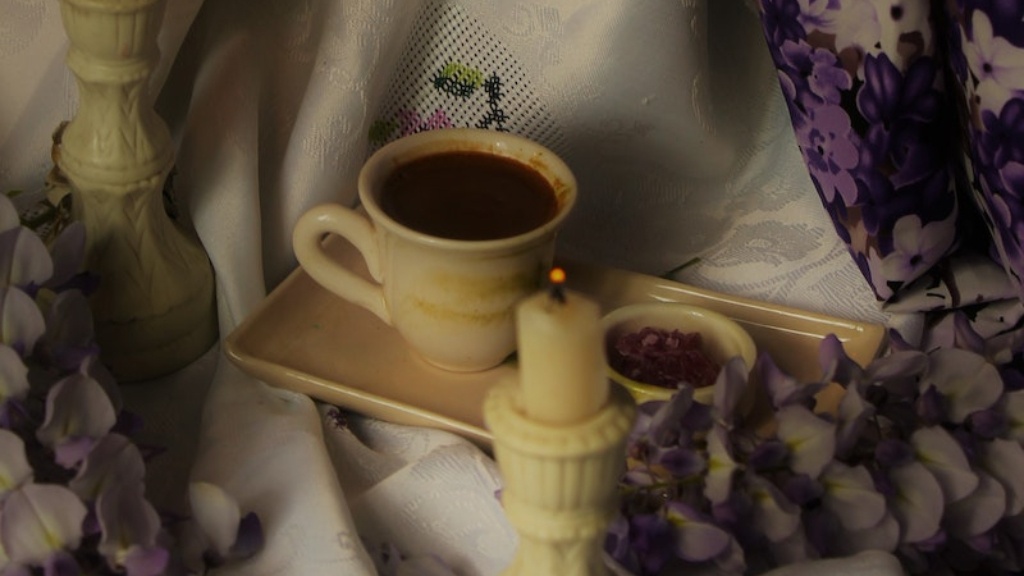Expressing Who You Are Through Poetry
Writing poetry about oneself is not only a great way to express yourself, but it can also be a tool to better understand and connect with emotions. Writing poetry may seem daunting at first, especially when you are focused on self-expression– but with a few simple steps, you can create a poem that expresses who you truly are.
Understand Your Feelings
In order to write a meaningful poem about yourself, it is important to understand your own feelings and emotions. Take some time to reflect on who you are and how you might express this through poetry. It is best to approach this with an open and honest attitude. Ask yourself questions such as ‘What do I think of myself?’, ‘How do I feel?’ or ‘What have been the defining moments of my life?’. When you pin down your emotional state, you can begin to articulate it into poetry.
Experiment With Different Poetic Forms
When writing a poem about yourself, try experimenting with different poetic forms. You are free to choose whichever style you are most drawn to, whether that be a limerick, sonnet, haiku or free-verse. With each form, you have a unique opportunity to explore different ways to express yourself.
Choose a Subject
Once you have decided on a poetic form, it’s important to identify the specific subject of your poem. Your subject could be anything that you feel passionate about or connected to. It could be a current event, an experience or a memory. Write down some key words and explore what feelings come up when you think about them. This will help you to connect more deeply to the topic and use it as the vehicle for your poem.
Write From the Heart and Let It Flow
As you think about the primary subject of your poem, begin to let your innermost thoughts and feelings about the topic flow. You don’t have to be fully finished with wording – just allow the words to come and be written down. Writing from the heart tends to bring forth the most authentic emotions and content. It is also helpful to read your poem out loud, as this will bring out necessary changes and give you a better sense of the overall flow of the poem.
Edit and Refine Your Piece
Although writing about personal experiences and emotions can be difficult, editing and refining your poem shouldn’t be. After each draft is written, it should be revisited and refined if needed. Read through it, check spelling, grammar and punctuation, check if words and phrases are used accurately and if the poem follows a logical order. It is also a good idea to get a second opinion and ask someone who is familiar with poetry to read your piece and give feedback.
Sharing your poem can be a great confidence boost and it also allows for others to gain valuable insight about who you are. Keeping it within the family, a trusted friend or posting it in an online literary community are some of the ways you can share a poem. It is also an opportunity to get valuable feedback and discover how your words have an effect on others.
Tips for Writing Poetry About Yourself
Writing poetry that reflects your authentic self can be a great way to explore emotions and experiences. Here are some key tips to help you write meaningful poetry about yourself:
- Understand your own feelings and emotions
- Experiment with different poetic forms
- Choose a specific subject for the poem
- Write from the heart and let it flow
- Edit and refine the poem once it is written
- Share the poem with trusted people or an online literary community
Examples of Writing Poetry About Yourself
When writing a poem about oneself it is helpful to look at examples of others who have written about their innermost thoughts and emotions. Well-known poets such as Maya Angelou, Walt Whitman, Robert Frost and Emily Dickinson are great sources of inspiration.
Maya Angelou’s famous poem ‘Phenomenal Woman’ explores her own self-worth and confidence. In the poem she lists a number of physical and mental characteristics that give a powerful example of her character.
Walt Whitman’s ‘Song of Myself’ is another renowned poem which explores the notion of accepting and embracing one’s innermost thoughts and feelings. He explains that although we all have different physical and mental characteristics that make us unique, we all partake in a universal sense of being.
Practising Writing Poetry About Yourself
In order to grow and develop your skills as a poet, it can be helpful to practice writing poetry about yourself. Make it a habit to do this on a regular basis. You can even set your own deadlines, such as a poem every week or once a month. Doing this will help you refine your craft and further express and explore your own emotions and experiences.
Conclusion
Writing poetry about oneself is a great way to express yourself and better understand emotions. It is important to approach it with an open and honest attitude, experiment with different poetic forms, focus on a specific subject, write from the heart and edit and refine the poem. Additionally, taking inspiration from well-known poets and practicing the craft can help you invoke deep and powerful emotions.


